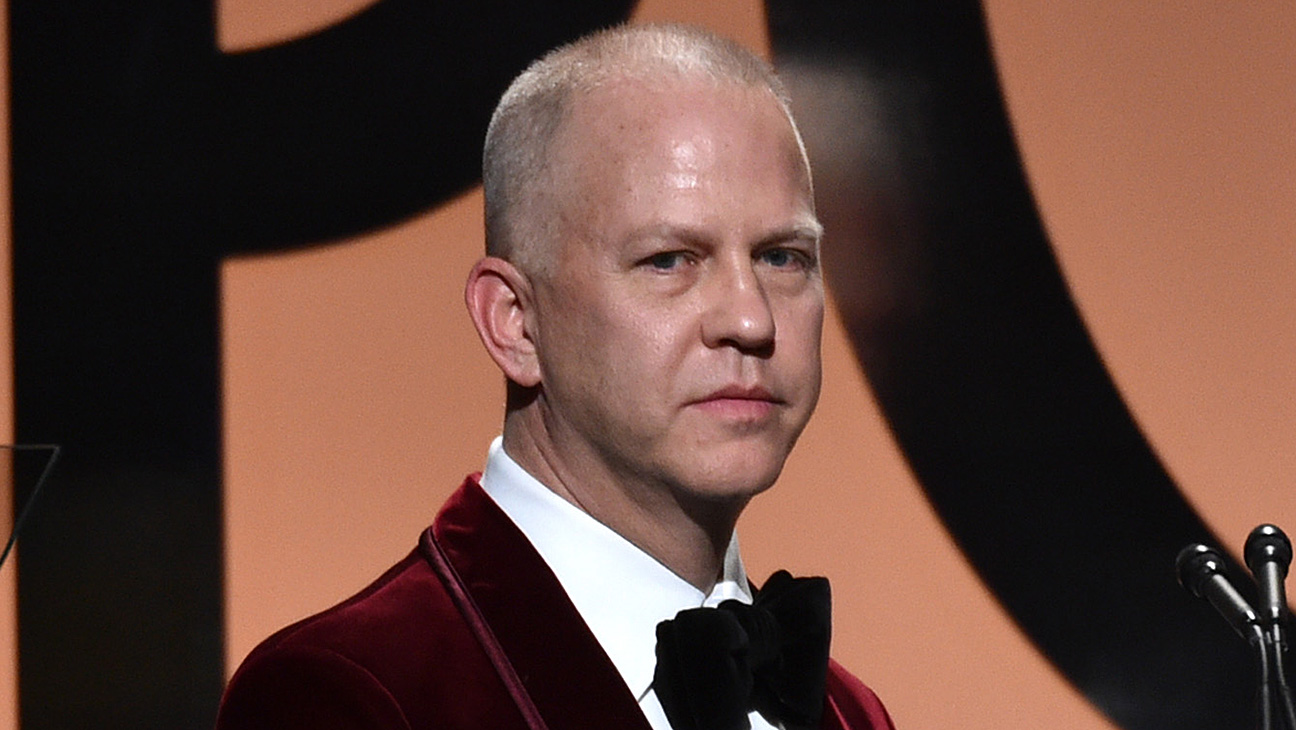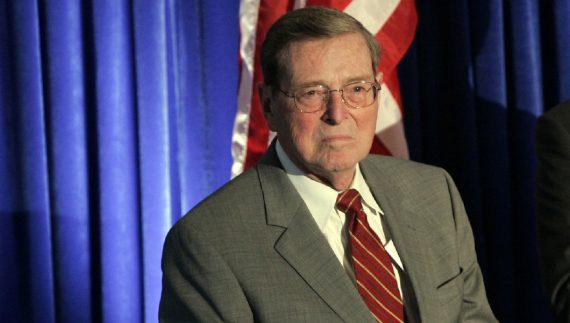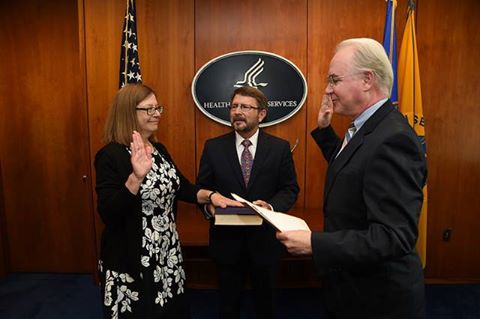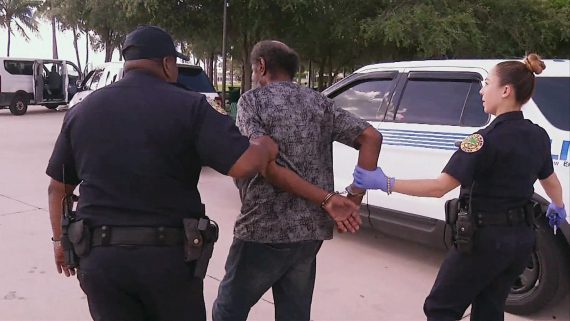
(9-18-17) Is the writer and director who brought us the groundbreaking television show GLEE about to produce two seasons of a show for Netflix that will stigmatize Americans with mental illnesses and demonize those who help them?
That appears to be the case based on a news release sent to me by Laura Pogliano, an advocate who has written about her own son’s death.
Director “Ryan Murphy apparently loves spooky-ass mental institutions,” the story declares as an explanation for why Murphy is bringing back Nurse Ratched from One Flew Over The Cuckoo’s Nest. Titled Ratched, the series will “follow the Big Nurse’s murderous progression through the mental health care system” as she evolves from “nurse to full-fledged monster.”
What that means is a television series that will portray nurses and doctors in psychiatric facilities as being cold-blooded sociopaths eager to brutalize and terrorize patients, many of whom aren’t really sick.
Surely, Mr. Murphy, who has announced publicly that he is gay, knows how harmful stereotypes can be, especially ones perpetuated by Hollywood.
Certainly, Mr. Murphy, who has been justifiably praised for launching a social justice program aimed at bettering the lives of minorities, must be aware of how many of the most dehumanized and ridiculed members of our society are those with mental illnesses and substance disorders who can’t get help because medical professionals either don’t want to work with them or can’t earn enough from insurance companies to practice their trade.
That being the case, perhaps Mr. Murphy can explain how his moral sensibilities and social conscience fit with a television series that will portray psychiatric facilities and those who work in them so negatively.







